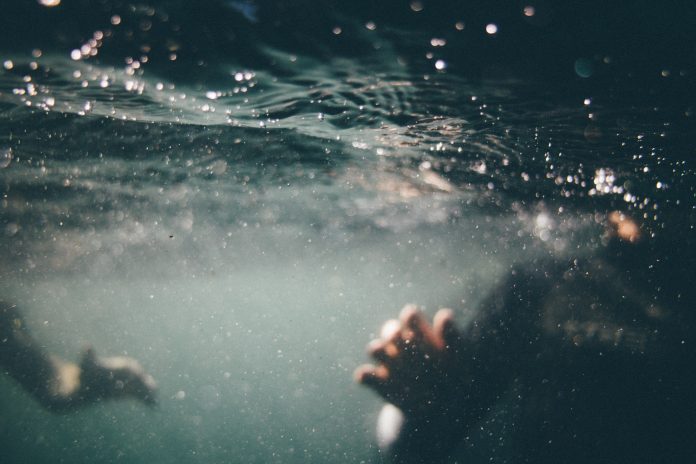Dinesh, the driver, maintained his monologue of Fijian facts that floated loosely in his fictions as we drove past village after village. The low houses, of concrete or timber, were painted pink or aqua, mauve or powdery green under tin roofs. Sagging ropes pegged with bright laundry hung from the porches and the windows, all small, were louvred or curtained or bare. The lives inside must be lived in heat, humidity and muted light. Women at the roadside under scant shelters tended boiling pots over fires.
“You have MacDonald’s drive-up in Sydney?” Dinesh asked. “Here we have sweet corn drive-up! One dollar. You want some?”
While I juggled hot corn in a sweaty scarf, Dinesh returned to his version of Fijian history. When Abel Tasman arrived, he said, the locals became Christians, and cannibalism died out. The British planted sugar cane.
“Give them sugar. No need to eat each other!” he said. “Since Abel Tasman the islands are blessed. Miracles, always miracles.”
“Like what, Dinesh?”
“There was an old man, on the other side of the island,” he said. “He was covered in sores, and sick.” The story lasted 15 minutes. Here’s the Cliff Notes: the old man was segregated from his village, grew tired of his infirmity and wanted to die. He went into the jungle with a rope but dropped it into a stream while setting his noose. Reaching into the water, his arm tingled. It felt better. He stayed for a week and went home healed. Everyone in the village with a malady went to the waters. Word spread. Soon hundreds, thousands of people came for healing.
“Blessed islands,” said Dinesh, “ever since Abel Tasman.”
“If you took me there,” I said, “and I was sick, would the waters heal me?”
“Yes! Yes!” he said, eyes darting to the rearview, “if you believe.”
I fact-checked his story. Dinesh had a gift for putting flesh on a yarn, but the story’s bones were true. Near Natadradave, in north-eastern Viti Levu, a man discovered a mountain spring his father said would heal his conjunctivitis. He bathed in the water, his eyes were healed, and other villagers – many suffering wounds and illness after Cyclone Winston – followed. Soon people were coming on stretchers and in ambulances, travelling from other parts of the islands or overseas. Natadradave, home to 27 families, had 59,345 friends on its Facebook page in April 2018. The villagers are poor, but insist no money change hands over the water, fearing commerce may murder its magic. In the six months to March 2017, New Zealand customs officers stopped more than 500 people trying to bring the miracle water home to ailing relatives.
Fijians know they are blessed with the healing powers of nature. Napoleon, who took me on a medicinal plants tour of Malolo Island, told me the oil of Dilo seeds healed wounds, and hibiscus leaves, crushed with sea water, fixed stomach ache. Boiled kutu leaves soothed eye infections, and a poultice from chewed up Loselose leaves healed sore legs.
“Put it on,” Napolean said, slapping his leg, “all fixed. Better!”
“If I take these,” I said, grabbing some guava leaves, “boil them in the kettle in my room, they’ll fix my upset stomach?”
“Yes,” he said, “fix you straight up!” and then, as he turned to walk back, “if you believe.”
This is the first instalment of a longer creative nonfiction piece to be completed in June. Stay tuned!


